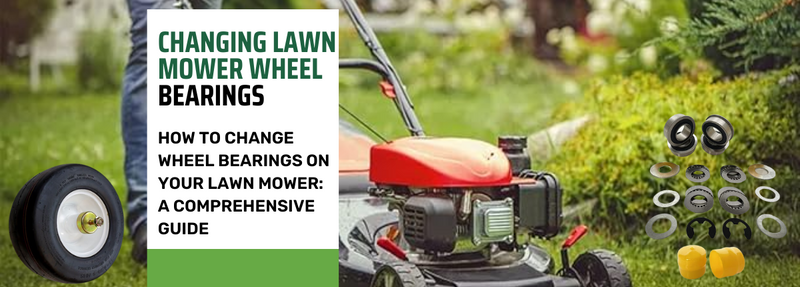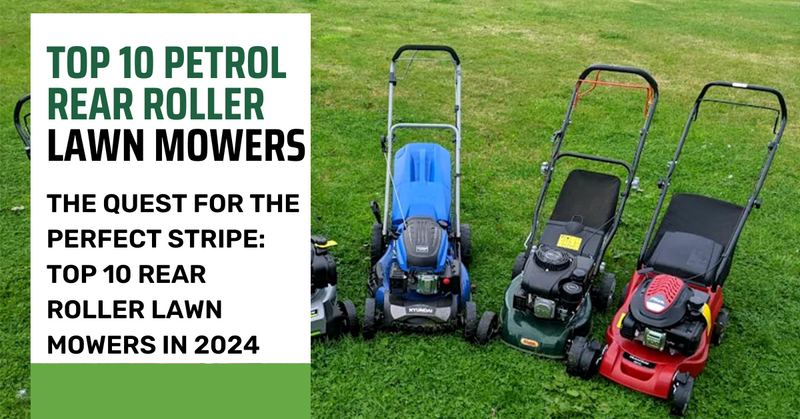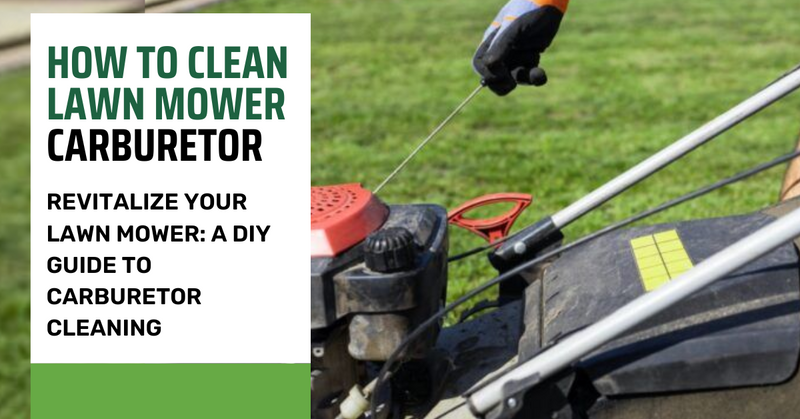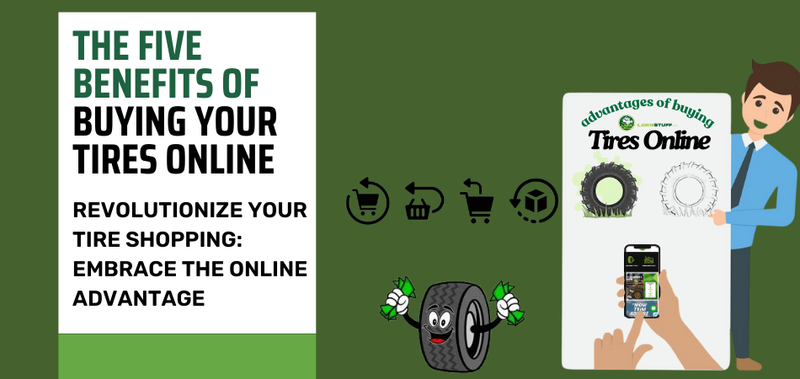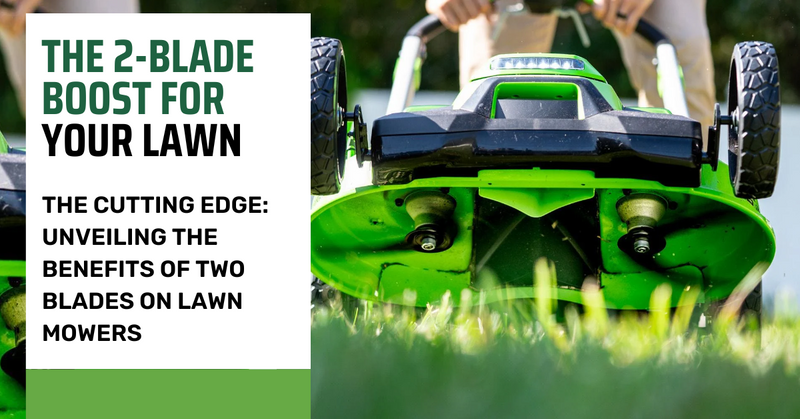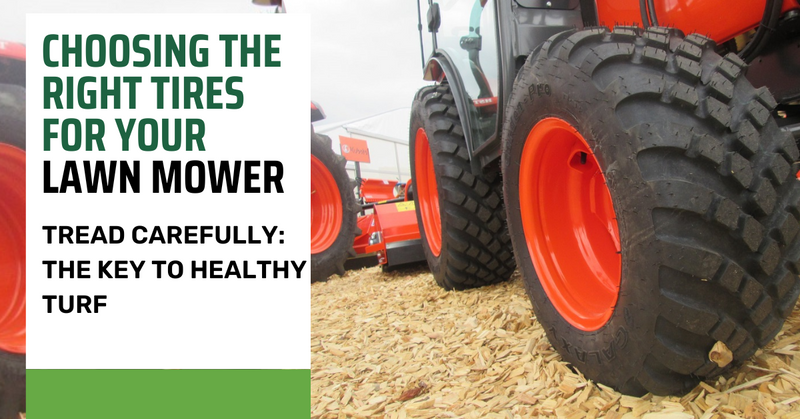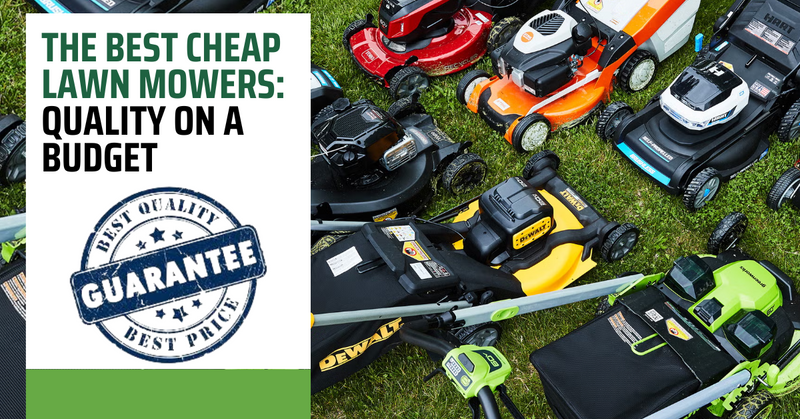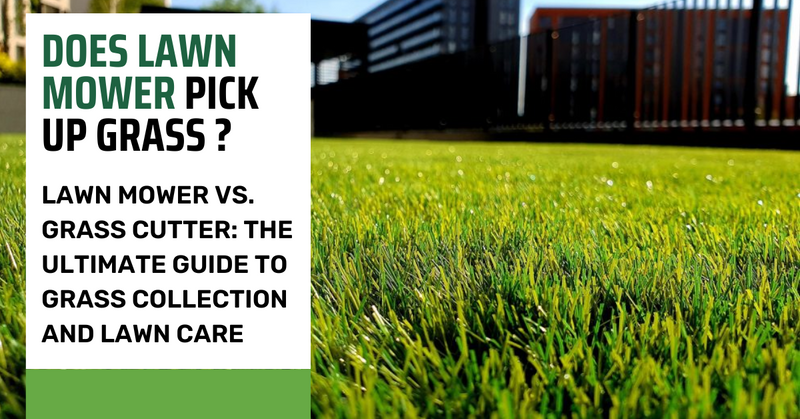

The Battery With The Longest Life-Span
-
Lead-Acid Batteries: The Traditional Choice
- Pros: Affordable, readily available
- Cons: Shorter lifespan (4-6 years), requires regular maintenance (watering), heavier
-
AGM (Absorbent Glass Mat) Batteries: A Step Up
- Pros: Spill-proof, maintenance-free, longer lifespan than lead-acid (5-7 years)
- Cons: More expensive than lead-acid, still not the longest-lasting option
-
Lithium-Ion Batteries: The Long-Distance Champions
- Pros: Longest lifespan (10+ years), lightest weight, fastest charging, consistent power, requires no maintenance
- Cons: Most expensive option upfront
Why Lithium-Ion Batteries Reign Supreme
- Cycle Life: Lithium-ion batteries can withstand significantly more charge/discharge cycles than lead-acid or AGM batteries, translating to a much longer lifespan.
- Weight: Lithium-ion batteries are considerably lighter, improving your cart's efficiency and handling.
- Performance: They deliver consistent power throughout their charge, ensuring optimal performance on every round.
- Maintenance-Free: No need to worry about watering or topping off electrolyte levels.
- Faster Charging: Lithium-ion batteries charge much faster than other types, getting you back on the course sooner.
Factors Affecting Battery Lifespan
Even the longest-lasting battery can underperform if not cared for properly. Here are some key factors to consider:
- Charging Habits: Avoid overcharging or completely depleting your battery. Follow the manufacturer's recommended charging practices.
- Usage: Frequent, deep discharges can shorten battery life. Try to avoid running your battery completely flat.
- Storage: Store your battery in a cool, dry place when not in use, especially during the off-season.
- Maintenance: While lithium-ion batteries are maintenance-free, regularly inspect terminals for corrosion and clean them as needed.
Choosing the Right Battery for You
Consider your budget, usage patterns, and desired lifespan when making your decision. While lithium-ion batteries offer the best performance and longevity, they may not be the most budget-friendly option.
How to Choose the Best Battery for Electric Lawn Mower
![]()
Electric lawn mowers are a fantastic eco-friendly and quiet alternative to their gas-powered counterparts. However, choosing the right battery is crucial for optimal performance and ensuring your mower has enough juice to conquer your entire lawn. Let's dive into the key factors to consider when selecting the best battery for your electric lawn mower.
Understanding the Basics: Voltage and Amp-Hours
- Voltage (V): This indicates the battery's power. Higher voltage generally translates to more power and cutting ability. For larger lawns or tougher grass, you'll want a higher voltage (40V and above). Smaller yards can often get by with 20V or 24V batteries.
- Amp-Hours (Ah): This measures the battery's capacity or how much energy it can store. More amp-hours mean longer runtimes. Consider the size of your lawn and typical mowing time to determine the necessary amp-hours.
Battery Types: Which One Suits You?
- Lithium-Ion: The current top choice for most electric lawn mowers. They are lightweight, charge quickly, and have a longer lifespan compared to other types.
- Lead-Acid: An older technology. These batteries are heavier, have a shorter lifespan, and may require more maintenance. However, they can be a more affordable option.
Factors to Consider When Choosing a Battery
- Lawn Size: Larger lawns require batteries with higher voltage and amp-hours to provide enough power and runtime.
- Grass Type: Thick or tall grass demands more power, so opt for a higher voltage battery.
- Brand Reputation: Choose reputable brands known for producing quality batteries with good warranties.
- Warranty: A good warranty can provide peace of mind and protect your investment.
- Price: Lithium-ion batteries tend to be more expensive than lead-acid, but their longer lifespan and better performance often justify the higher cost.
- Compatibility: Ensure the battery is compatible with your specific lawn mower model.
Tips for Maximizing Battery Life
- Charge Properly: Follow the manufacturer's instructions for charging. Avoid overcharging or completely depleting the battery.
- Store Correctly: Store batteries in a cool, dry place when not in use, especially during the off-season.
- Regular Cleaning: Keep terminals clean and free of corrosion.
Ways To Power A Lawn Mower
Maintaining a lush, green lawn requires regular mowing, and having the right lawn mower can make this task much easier. One of the fundamental choices you'll face when selecting a mower is deciding how it will be powered. From traditional gas engines to eco-friendly electric options, there are various ways to power a lawn mower, each with its own set of benefits and considerations. In this blog post, we'll explore some of the most common methods of powering lawn mowers, helping you make an informed decision based on your needs and preferences.
Gas-Powered Lawn Mowers:
Gas-powered lawn mowers have long been a popular choice among homeowners due to their power and versatility. These mowers are typically equipped with internal combustion engines that run on gasoline. One of the primary advantages of gas mowers is their ability to handle large lawns and thick grass with ease. They also offer freedom of movement since they don't require a power cord, making them suitable for properties without easy access to electricity. However, gas mowers require regular maintenance, including oil changes, fuel refills, and periodic tune-ups. Additionally, they emit exhaust fumes and contribute to noise pollution, which may not be ideal for environmentally-conscious users.
Electric Lawn Mowers:
Electric lawn mowers are gaining popularity thanks to their convenience, efficiency, and eco-friendliness. These mowers can be powered either by corded electricity or rechargeable batteries. Corded electric mowers are connected to an electrical outlet via a power cord, providing consistent power without the need for refueling. They are relatively lightweight and emit zero emissions, making them an environmentally friendly option. However, the range of corded electric mowers is limited by the length of the power cord, which may be inconvenient for larger lawns or areas with obstacles. On the other hand, battery-powered electric mowers offer more freedom of movement since they operate on rechargeable batteries. They are quiet, emission-free, and require minimal maintenance compared to gas mowers. However, battery life can be a limiting factor, and users may need to purchase additional batteries for extended use.
Manual Reel Mowers:
For those seeking a more traditional and environmentally friendly approach to lawn care, manual reel mowers are an excellent option. These mowers are powered by human effort, as the user pushes the mower forward, causing the blades to spin and cut the grass. Manual reel mowers are quiet, emission-free, and require no fuel or electricity to operate. They are also lightweight and easy to maneuver, making them ideal for smaller lawns. However, manual reel mowers may require more effort to use, especially in areas with thick or tall grass. Additionally, they may not be suitable for lawns with uneven terrain or obstacles.
Robotic Lawn Mowers:
For tech-savvy homeowners looking to automate their lawn care routine, robotic lawn mowers offer a hands-free solution. These autonomous mowers use sensors and GPS technology to navigate the lawn, automatically cutting the grass at scheduled intervals. Robotic mowers are electrically powered and rechargeable, making them eco-friendly and low maintenance. They can cover large areas and are particularly well-suited for busy individuals who don't have time for regular mowing. However, robotic mowers can be expensive upfront, and some models may struggle with complex lawn shapes or obstacles.
Conclusion:
When it comes to powering your lawn mower, there are several options to consider, each with its own advantages and limitations. Gas-powered mowers offer power and versatility but require regular maintenance and emit exhaust fumes. Electric mowers are eco-friendly and efficient, with the choice between corded or battery-powered models. Manual reel mowers provide a traditional, low-tech solution that is quiet and environmentally friendly but may require more effort to use. Finally, robotic mowers offer convenience and automation but come with a higher price tag. By understanding the pros and cons of each option, you can choose the lawn mower that best suits your needs and preferences, ensuring a well-maintained lawn all season long.




